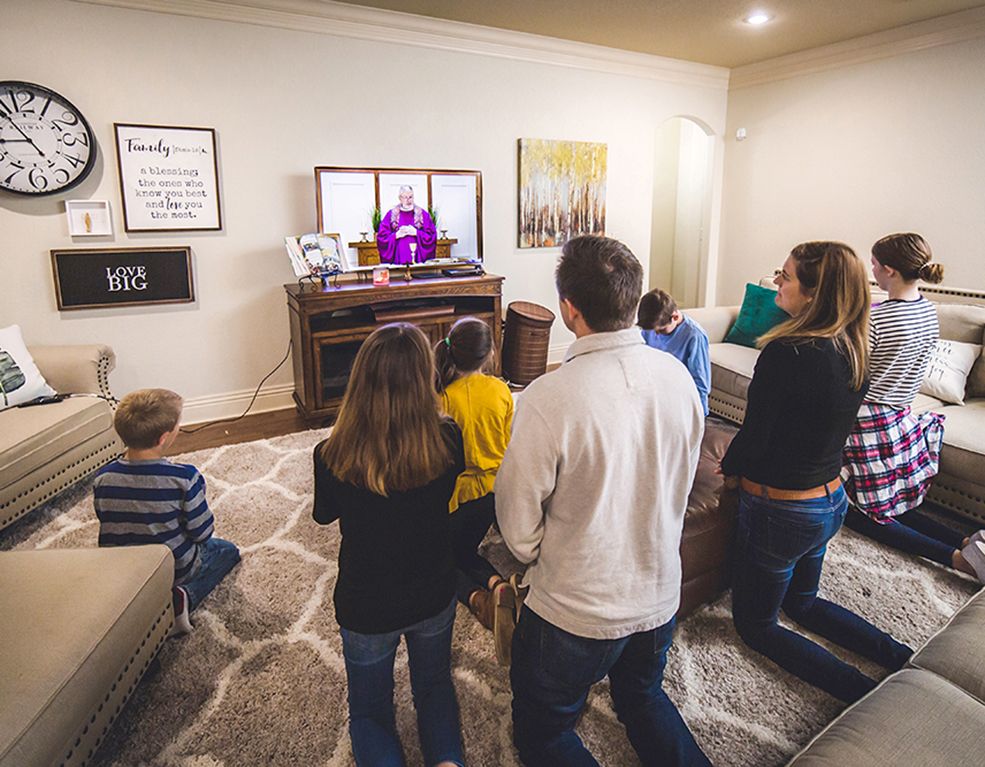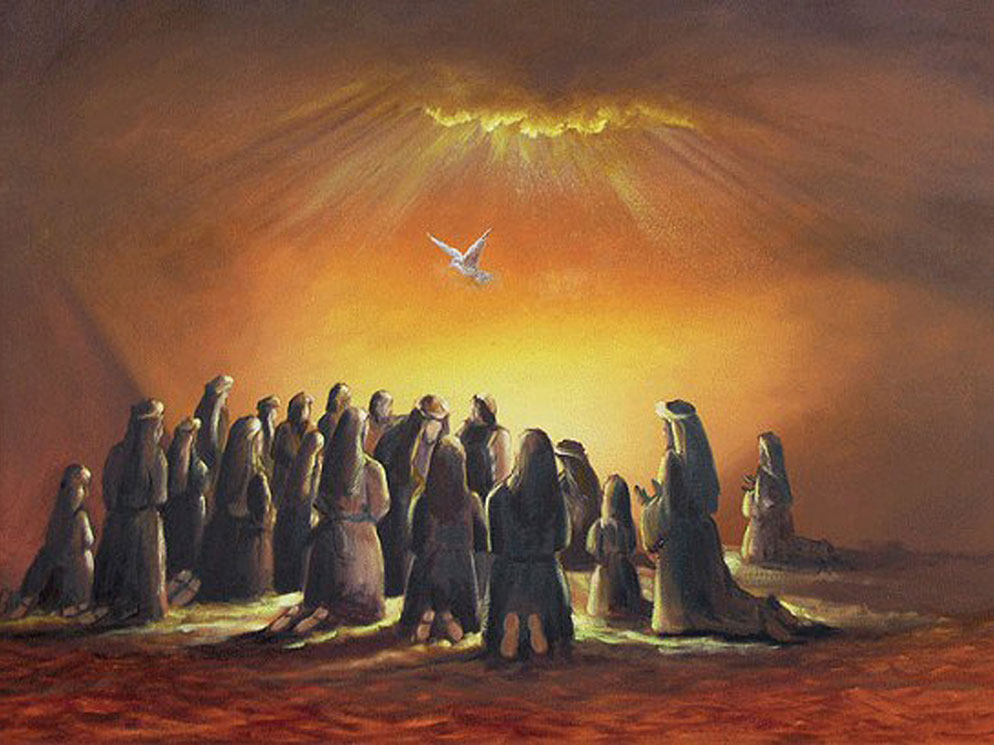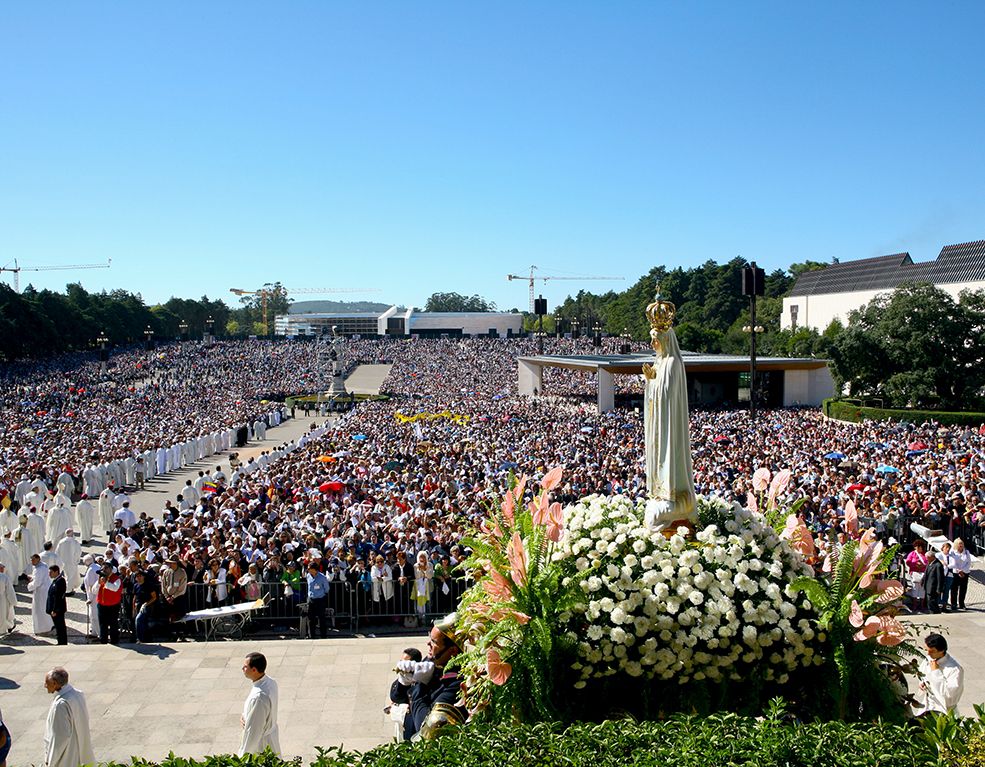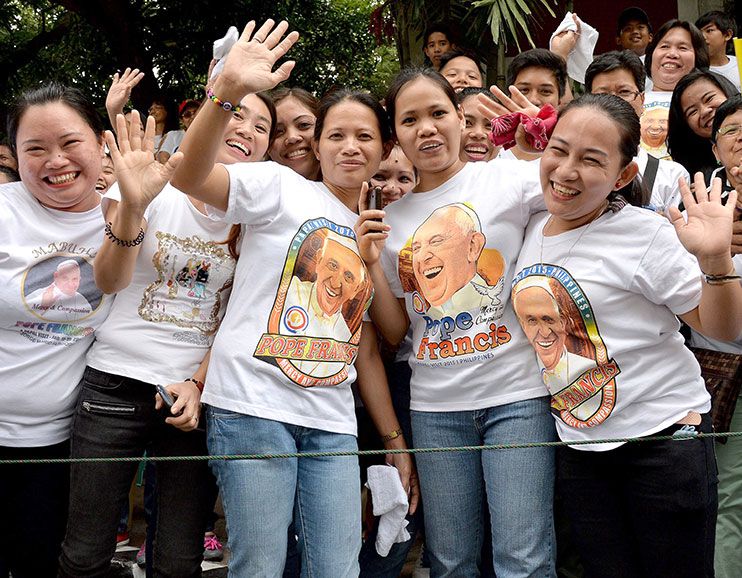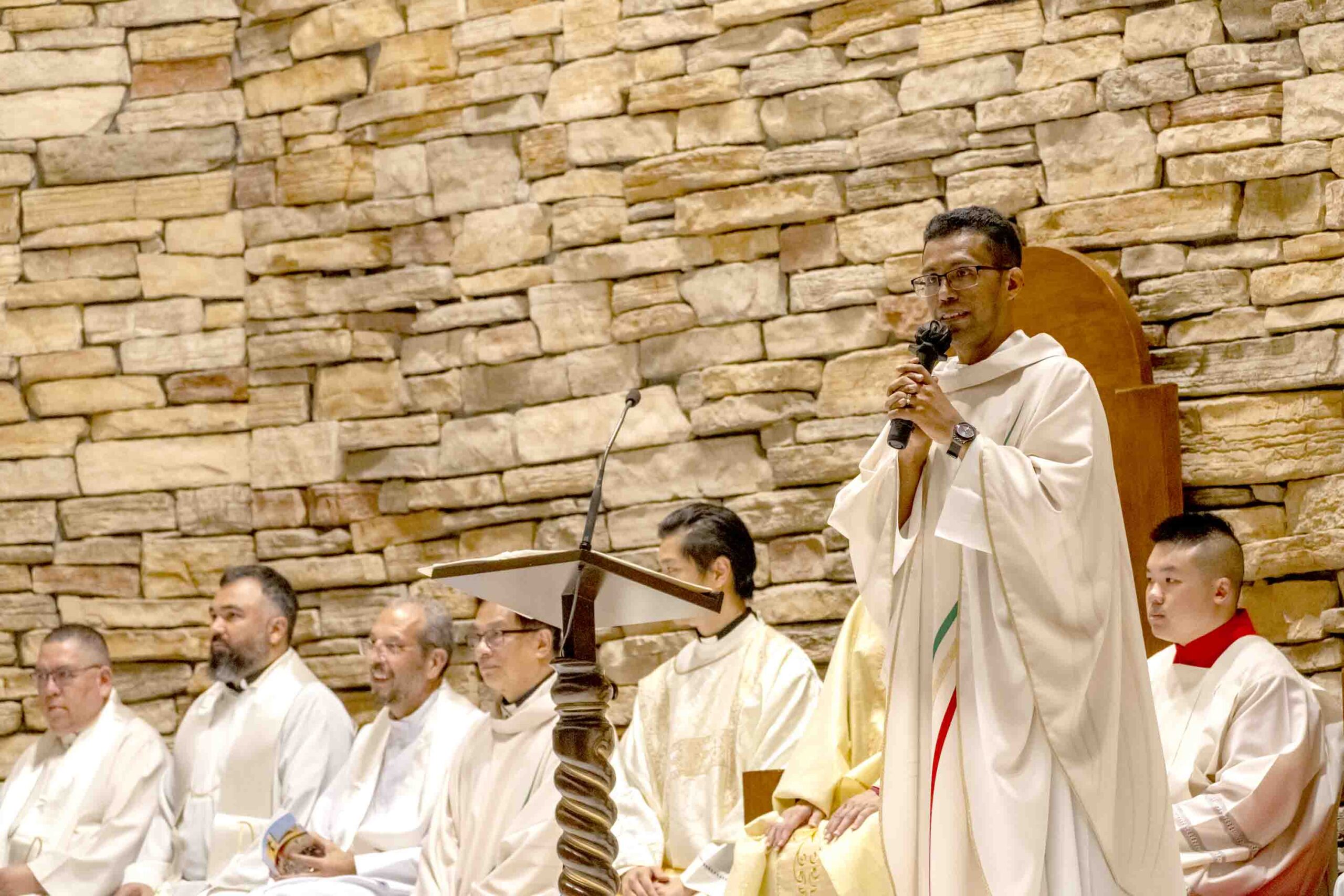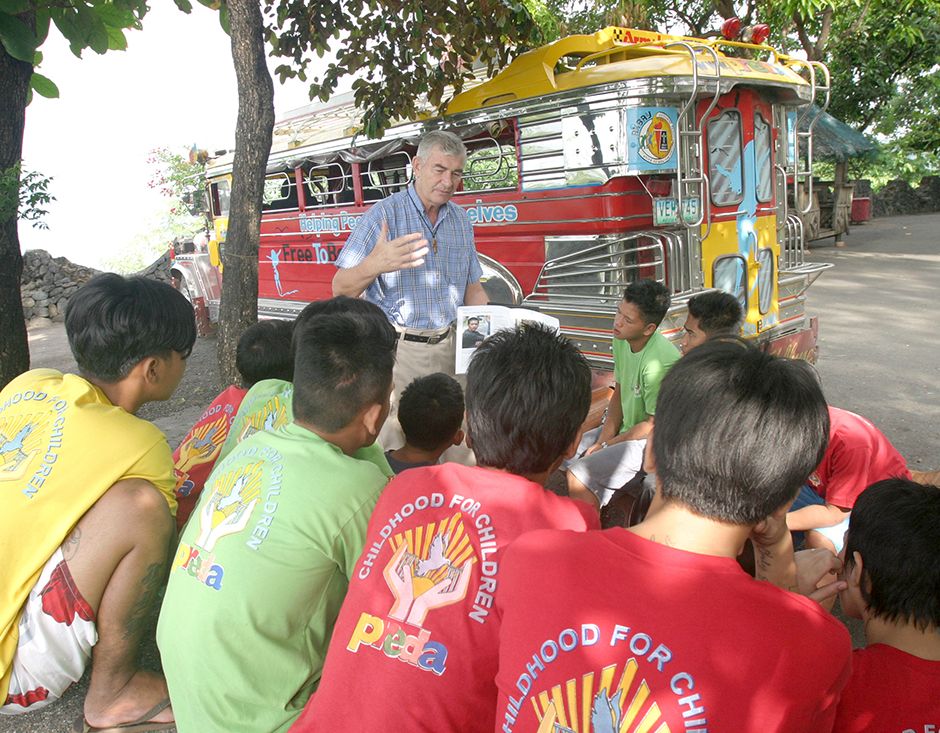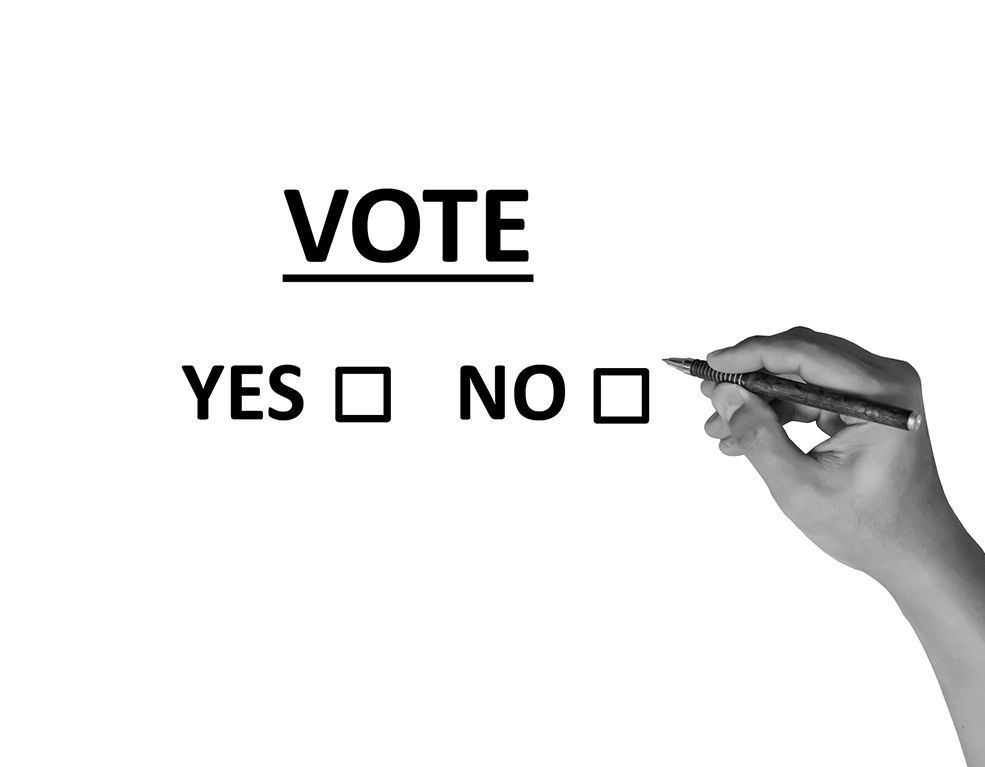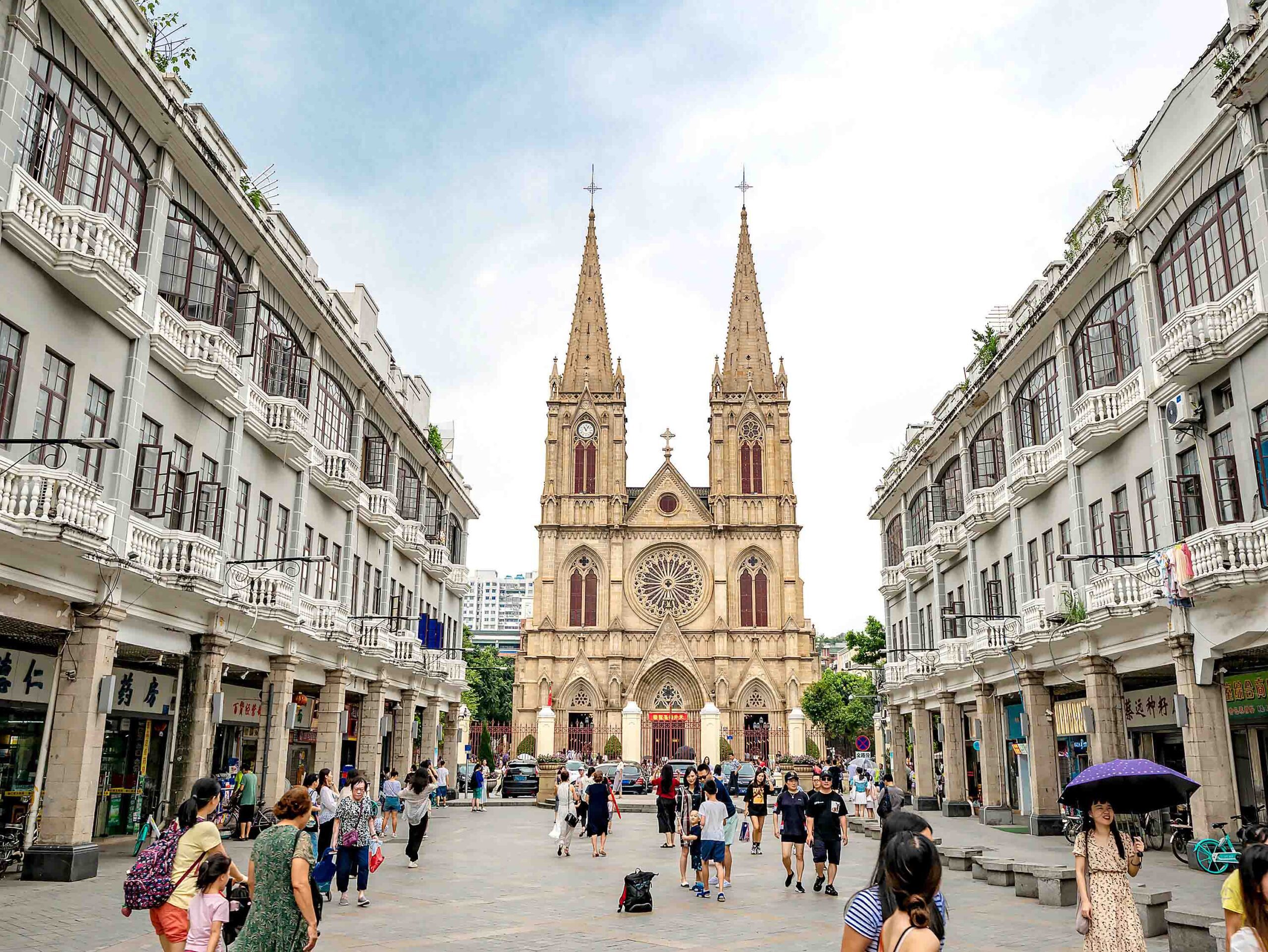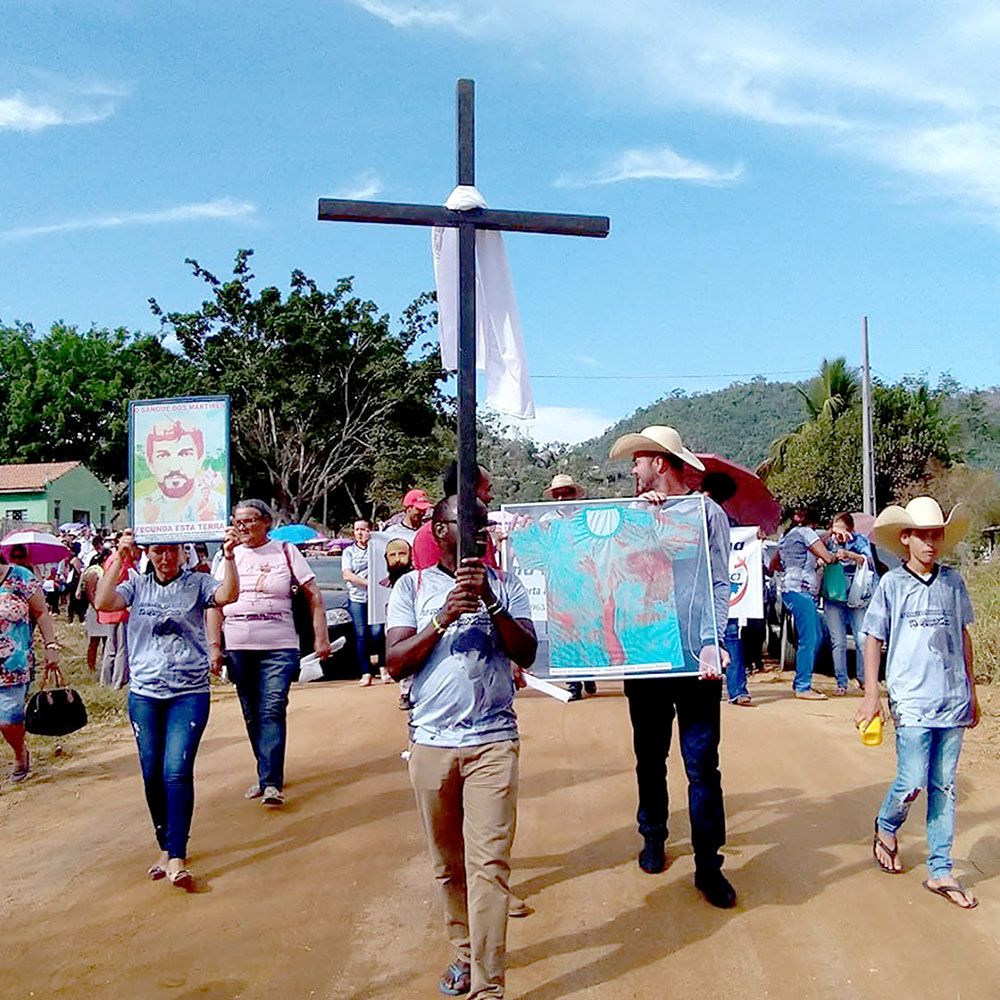In an online article entitled “Where was God when Haiti happened?” published by the Kenya-based news agency CISA, Henry Makori bluntly and effectively posed a number of questions that came to the minds of many religious people after Haiti was devastated by a massive earthquake in January.
Makori wrote: “Is God good all the time? Is God all-loving, compassionate and always acting in the best interest of human beings, the cream of His creation? Is every human being valuable in the eyes of God? Then why did God allow tens of thousands of innocent people to perish in such a dreadful fashion in Haiti? Is God all-powerful and in control of everything that happens in the universe, including the dropping of a leaf from a tree branch? Does God know everything? Why then couldn’t He use such awesome knowledge and power to protect the people of Haiti?
“Is everything that happens part of God’s plan? What is the divine purpose of the horrendous carnage? What was the divine purpose of the Indian Ocean tsunami that killed a quarter of a million people in 2004? What divine purpose had God in mind in Rwanda in 1994 when He let nearly a million people die? And the Holocaust in which six million Jews were killed? And all the suffering that human beings undergo everyday? Where, really is God?” As Makori stressed, these are old questions that resurge with fresh strength every time a “natural” disaster (like an earthquake, a tsunami or a volcanic eruption) or a social catastrophe (like a genocide or persecution) strikes.
He Was Such A Nice Child!
I put the word “natural” in brackets because it is becoming more and more difficult to categorize a disaster as such. We now know that human activities, for instance the chain from oil extraction to oil burning, can have numerous unintended and dramatic consequences for our planet.
But “natural” or social aside, the questions remain. A day after reading Makori’s article, I met a group of students in a Nairobi secondary school, and the day’s agenda was swept aside by a question blurted out by one of the students: “Our parish has organized prayers for the victims of the earthquake. But what is the sense of praying to a God who could have intervened before and stopped the disaster? Didn’t He know that the earthquake would cause such incredible devastation and suffering? What kind of God is He – if He is there at all?” In the course of the sharing that followed, a shy girl with trembling lips added: “I also do not understand why God did not save my cousin who was born with a heart defect and died last week. He was only seven years old, and such a nice child.” Other raised their voices: how about the hundreds of African children dying every day from malaria and other preventable diseases, or the Kenyan children who have to attend school in deplorable conditions due to reported corruption in the Ministry of Education?
The list became endless, especially regarding innocent people suffering due to the evil actions of others. The pervasive corruption we see around us in Nairobi, in which many adults are participants or at least accomplices, has immediate consequences on the poor and vulnerable who suffer most. Why doesn’t God strike those squalid bureaucrats who reportedly stole over a million dollars from the funds allocated to primary schools? Why does God allow evildoers to prevail? Is God weaker than Luis Moreno-Ocampo (the ICC prosecutor who is supposed to indict those responsible for Kenya’s 2008 post-election violence and whose name sends shivers down the spines of many politicians)? Why is He silent in the face of great injustices, sometimes perpetrated by people who like to sit on the front pews in church? Wouldn’t it be easy for Him to mete out a public punishment for them? And how about my own wrongdoings that have brought suffering to others? Indeed, suffering is present in nature and in society on a grand scale. Yet, the suffering of a single person close to us can become much more unjustifiable, and even impossible to bear, than the sufferings of millions.
Guiltier Than All The Others?
That the questions raised by Makori were on the lips and in the hearts of many, is seen by several reactions that were subsequently published by CISA. In one reaction, Dominic Vincent Nkoyoyo, a Cistercian monk, recalled Blaise Pascal, a 17th century French mathematician and thinker who once said that “the heart has reasons which the mind does not know.” This statement is a recognition that we do not understand everything, and we do not have a rational explanation for every fact.
Fr. Frank Breen, a Maryknoll priest, puts the Haiti matter in a scientific perspective. He noted that “there are many things we can learn from science. Before asking simplistic religious questions, we should understand science.” Fr. Breen went on to say that scientists knew, for quite some time, that an earthquake was due in Haiti. “So why were so many Haitians living, schooling and working in buildings that could not withstand an earthquake? Poverty is, of course, one obvious answer; maybe corruption is another.” So Fr. Breen seems to say that responsibility of what happened is not God’s, it is or could be ours as members of the human society who allow injustices to perpetuate.
He adds: “If the international community provides not only relief and medical care, and homes for orphans, but also a true restructuring of the economy of that country, of its social fabric, of its politics, then, maybe, we can say that, somehow, the earthquake was some form of a mysterious way in which we humans were being called to repentance and to God-like action. Atheists will see what they want to see. They will be scornful, derisive, and cynical. Believers will see the hand of God calling us to repentance, to compassion, to solidarity with the poorest.”
This is a slippery slope. It is appropriate to advocate for an international intervention that will resolve the root causes of Haiti’s natural and social problems. But to suggest that God might have allowed the suffering of the Haitian people to stir up compassion in other people, paints the image of a God who cruelly uses humans for His own ends, however good. This suggestion is just a step away from saying that Haitians died because they were sinful and their society had attracted the wrath of God. No Christian in his or her right mind should think anything like this. Jesus, recalling those who were killed by the falling of the tower at Siloam, commented: “Do you suppose that they were guiltier than all the other people living in Jerusalem?” (Lk 13:4). Truly, if natural disasters were made to punish people as a matter of justice, they should happen in the world centers of power, in New York or London or Paris – where the decisions that keep most of the world in poverty are taken – and not to the already desperate people of Haiti.
Faith In God Despite His Silence
In another intervention, Joseph Mwaniki, a Consolata Missionary student, recalls Elie Wiesel, a writer and holocaust survivor at Auschwitz. When he was asked if we could force God to respond to the injustices of the world, Wiesel answered: “I was brought up in an environment that would expect very little from men but all in God. Even today, God is still a deep thirst inside me. Auschwitz did not quench this thirst; in fact, it gave me deep reasons to continue believing despite this silence of God while still holding my cry of protest. Most of my books try to express this faith in God, despite His silence.” Wiesel’s words point to faith. Faith has a reason and vision that neither the mind nor the heart can understand. Faith, despite the darkness of our times and the silence of God, helps us to see beyond the haze.
It is this faith that makes Mwaniki write: “For me, the Haiti incident makes me enter deep into myself, reflect on the deepest realities around me, the vanities in my life and, above all, to think about my ultimate end of which I know not when, where or how. God does not want the suffering of His creatures. He is the Giver and the Sustainer of Life, and always accompanies it against its different pains. God suffers with those who are suffering and the best assurance He gives us is that we are not alone. When the Haitians and the human world are suffering, God is neither in silence nor sleeping. He is always suffering with us and for us, sustaining us with His unseen love and transforming our pains into a joy for those who believe that, alive or dead, they belong to Him.”
Yes, the goodness of God does not imply that He has to spare us all from suffering. God has created us as participants and protagonists – indeed co-creators with Him – in the complex, fascinating process of life and growth in the world until, as the apostle Paul writes, ultimately, the whole of creation will be “liberated from its bondage of decay” (Romans 8:21). It is a process that entails hard work and suffering of every kind.
The Mystery Of Suffering
We have to say it bluntly and strongly: in this process, we have to accept the presence of suffering and death. Jesus never promised easy solutions and an easy life for His followers. Contrary to this, He asked them to take up their cross. It is part of the process of our growth and of God’s creation in which, as human beings, we have been called upon to play our part. Normally, God does not intervene to suspend or to counter the rules of creation and physics. If He did not spare His Son the agony of betrayal, abandonment and death on the Cross, why should He spare me? Or my friends? Or the people I love dearly?
After all, the difference between the death of one person and that of millions is only a matter of numbers. We will all die someday, and our life has to be seen in the light of eternity.
The bottom line is that we have to accept the fact of death, the existence of individual suffering and the fact that human beings have an eternal destiny that is earned through our participation in the work of co-creation. Only in this perspective and in the acceptance of these facts can the mystery of suffering be glimpsed.
Jesus stood up to proclaim the Gospel and its values in front of evil, to the point of death on the Cross. That is the way we are expected to behave as Christians. Christians must be ready to follow Him, in solidarity with the others.
Shusaku Endo was a Japanese writer of great international fame who died in 1996. In his most famous short novel, simply entitled Silence, Endo tackled this question of God’s seeming silence while innocents suffer. Endo’s novel is a deeply theological work focusing on the silence of God despite the suffering of those who are persecuted because of their faith in Him. The narrative follows the cruel persecution of Catholics by Japanese emperors in the 16th and 17th centuries, the faithfulness to Christ by hundreds or thousands of people in spite of unbelievable tortures, and the apostasy of a Portuguese Jesuit priest who left his homeland precisely to minister to the persecuted Christians. In the book, we read of thousands of people suffering, over many decades, because of their faithfulness to God, yet God does not do anything to protect them or to answer their desperate pleas! God’s silence, therefore, appears even more shocking than the natural disasters or great social injustices.
The heart of the story is similar to our question. God keeps silent in the suffering of the martyrs. God does not seem to hear or to act upon the well-justified and compelling prayers of Christians. A silence the tormented Portuguese missionary, who is the protagonist of the novel, could neither understand nor justify. At the end, he commits apostasy, abandoning the faith while courageous peasant Catholics continue to face death for their faithfulness to Jesus. The answer evoked by Endo is that God was walking besides the martyrs, sharing their suffering and anguish. Such is the God of Jesus.
But Endo is an artist, not a theologian. He does not give us logical explanations and definitions, but stories, symbols, parables, and the magic of his writing ability that evokes a spiritual world using just a few words. Artists, poets, mystics, and saints are better suited to speak about the meaning of human suffering and life than scientists and theologians.
So, “where was God when Haiti happened?” He was, as always, in our hearts, in the hearts of those who died and those who survived. It is up to each one of us to discover Him.


